The Republican Party's internal conflict over its stance on white nationalism and antisemitism has reached a boiling point, with key figures vying for control of the party's future. The controversy began with Tucker Carlson hosting Nick Fuentes, a prominent antisemitic influencer, on his podcast, and escalated with a public breakdown at the Heritage Foundation, the party's premier think tank.
At the center of the dispute is the question of whether the party will continue to tolerate far-right ideologies, including white nationalism and antisemitism, or whether it will take a more moderate stance. The debate has pitted influential figures such as Tucker Carlson and Donald Trump against others, including Jonah Goldberg, editor of The Dispatch, and JD Vance, a rising star in the party who has spoken out against white nationalism.
According to Goldberg, the conflict is a "Spanish Civil War" for the conservative movement, previewing the bigger wars to come about what the right is about, who can be tolerated as part of the coalition, and who cannot be. "Its not just about the Heritage Foundation, its about the broader question of what kind of party we want to be," Goldberg said in an interview with Today, Explained co-host Noel King.
The Heritage Foundation, a leading conservative think tank, has been at the forefront of the conflict. In recent weeks, the organization has been embroiled in a public feud over its stance on white nationalism, with some staff members speaking out against the party's tolerance of far-right ideologies. The dispute has put the party's maxim "no enemies to my right" to the test, with some arguing that the party must take a firmer stance against white nationalism and antisemitism.
JD Vance, a rising star in the party, has spoken out against white nationalism and has called for a more moderate approach. Vance's vision for the party's future has been seen as a potential alternative to Trump's more divisive approach. "We need to be a party that is inclusive and welcoming to all Americans, regardless of their background or ideology," Vance said in a recent interview.
The conflict has also highlighted the tension between the party's establishment and its more radical elements. Some party leaders have called for a more moderate approach, while others have argued that the party must continue to cater to its base, even if it means tolerating far-right ideologies. The debate is likely to continue in the coming weeks and months, with significant implications for the party's future.
As the party grapples with its internal conflict, it remains to be seen whether it will take a more moderate stance or continue to tolerate far-right ideologies. The outcome will have significant implications for the party's future and for the broader conservative movement.
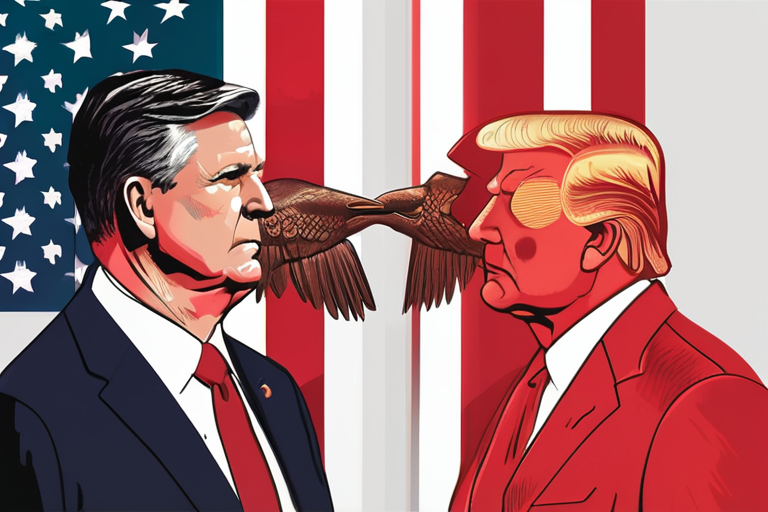


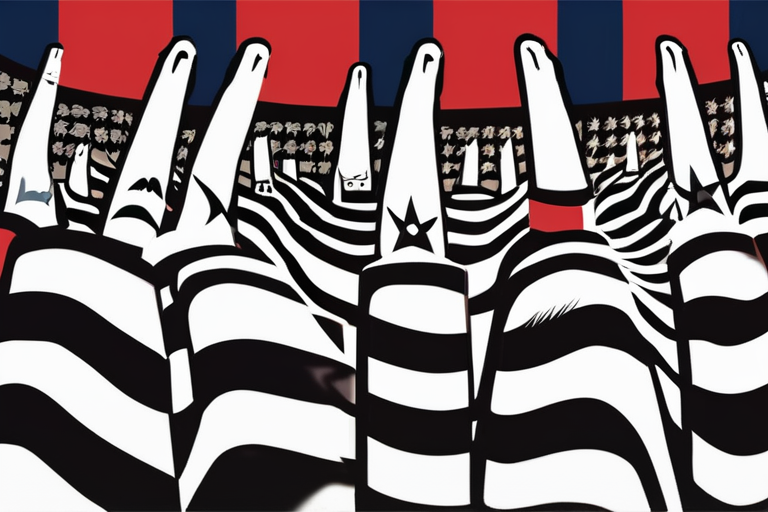
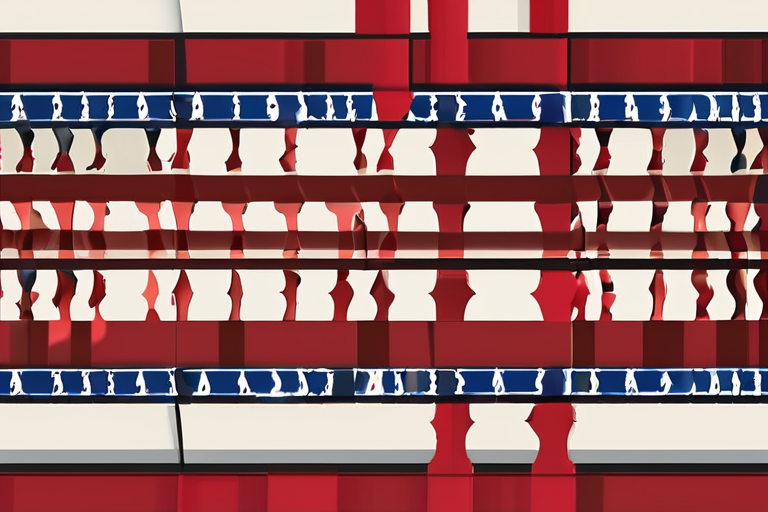
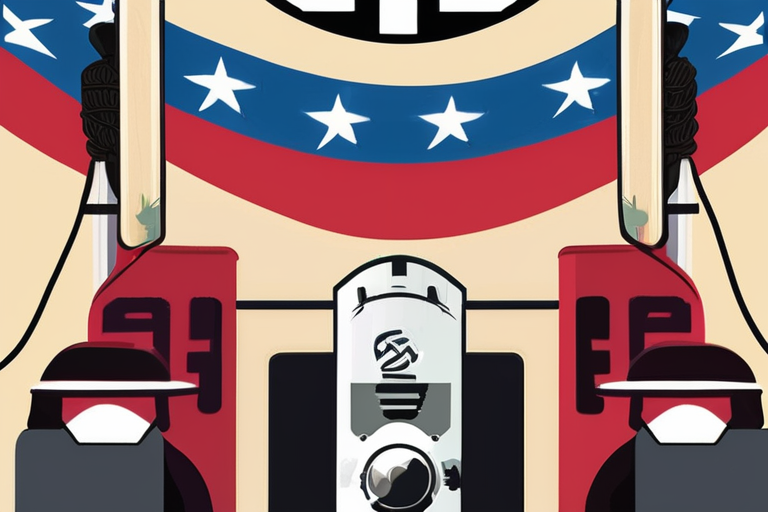
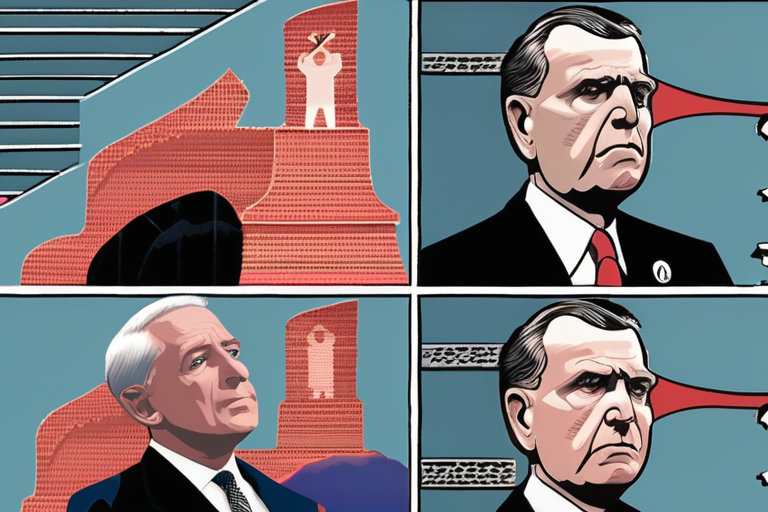
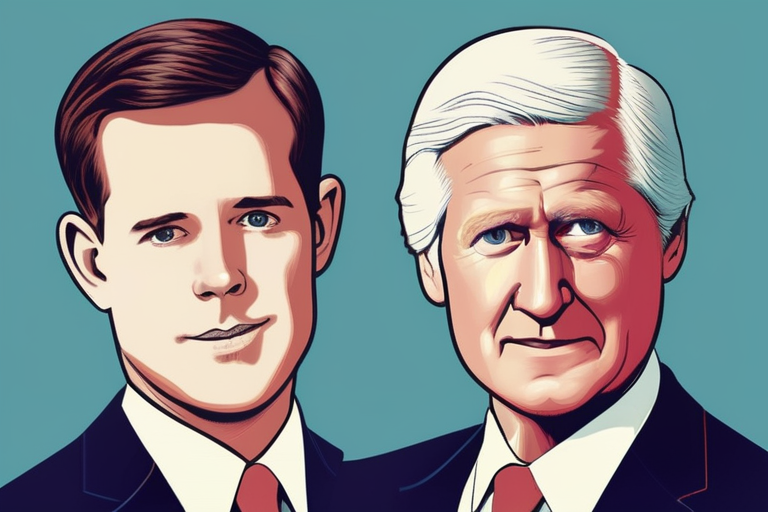



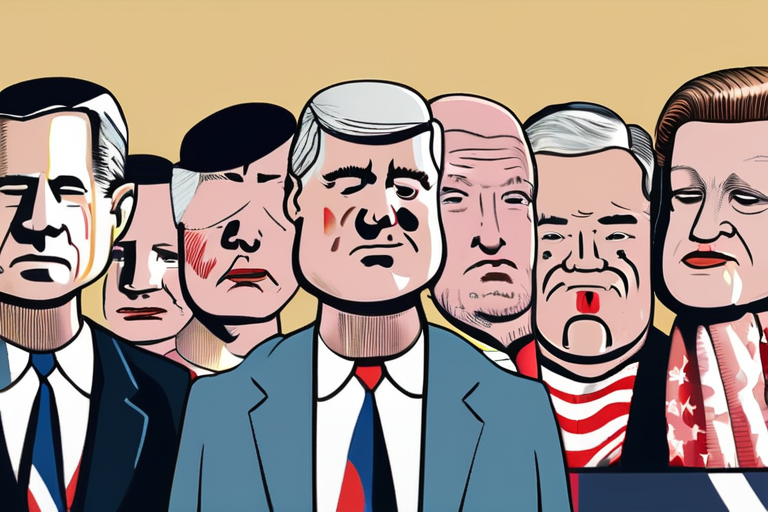
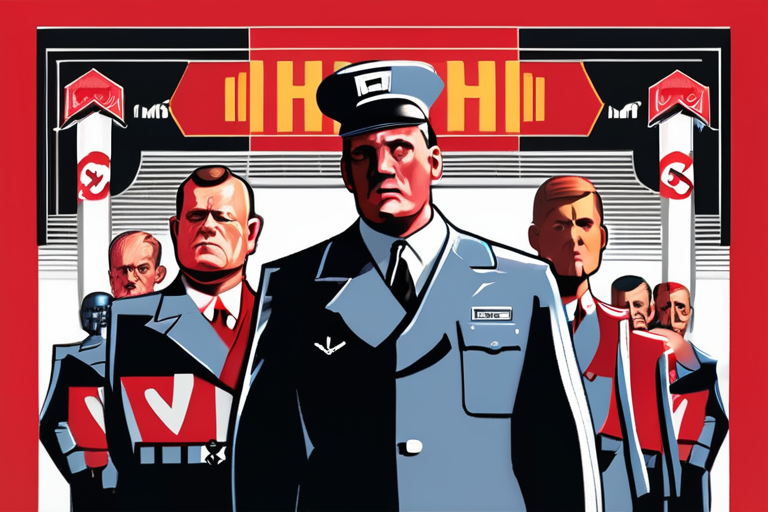
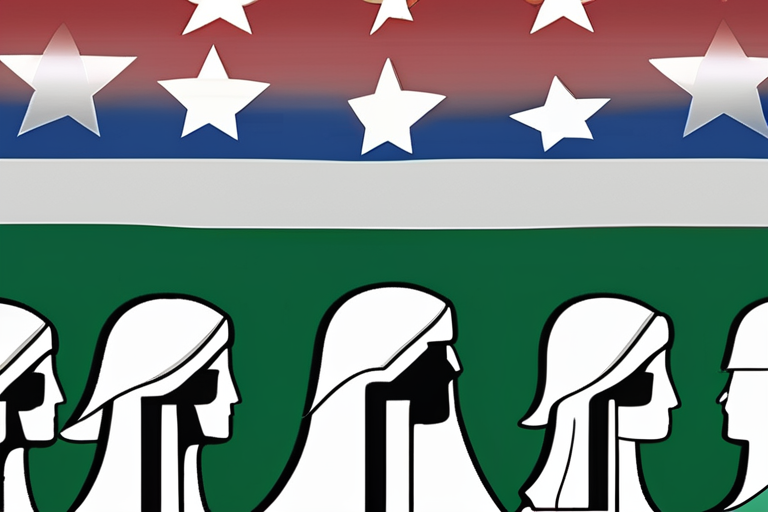
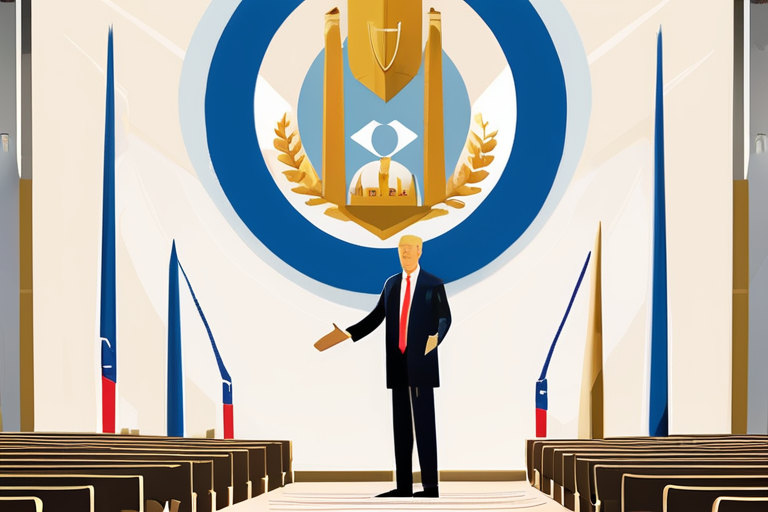
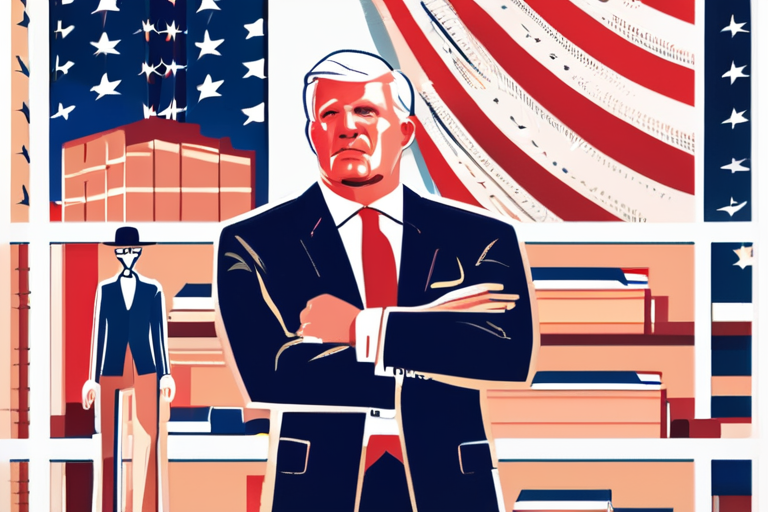
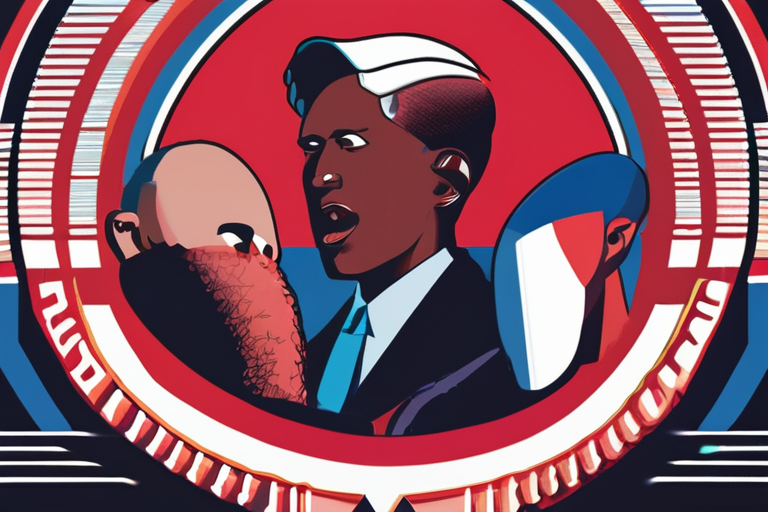

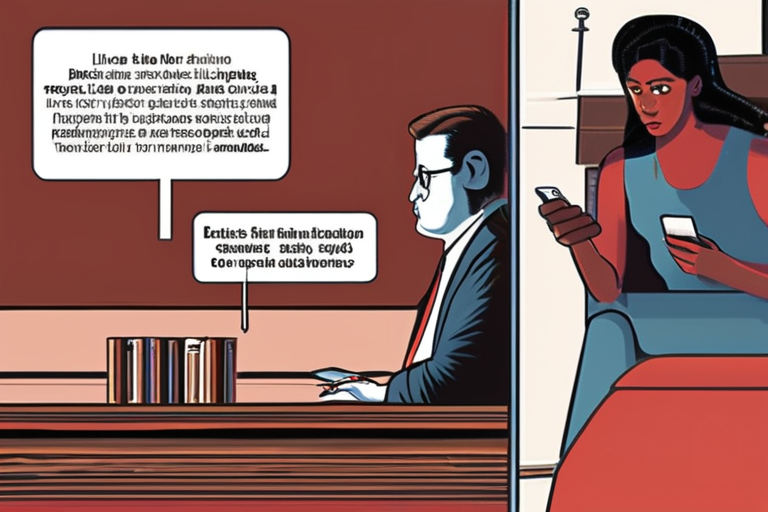
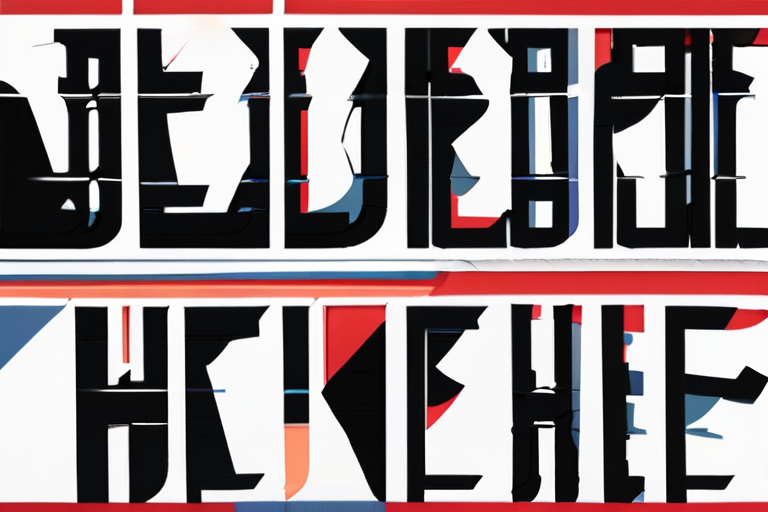
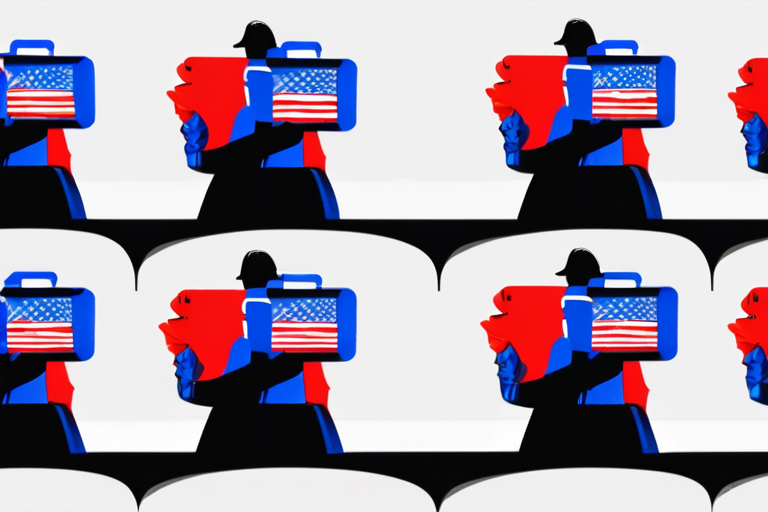
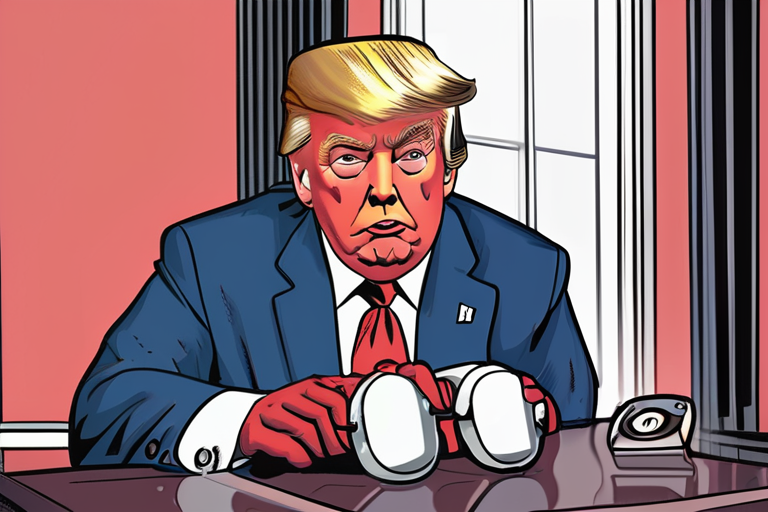
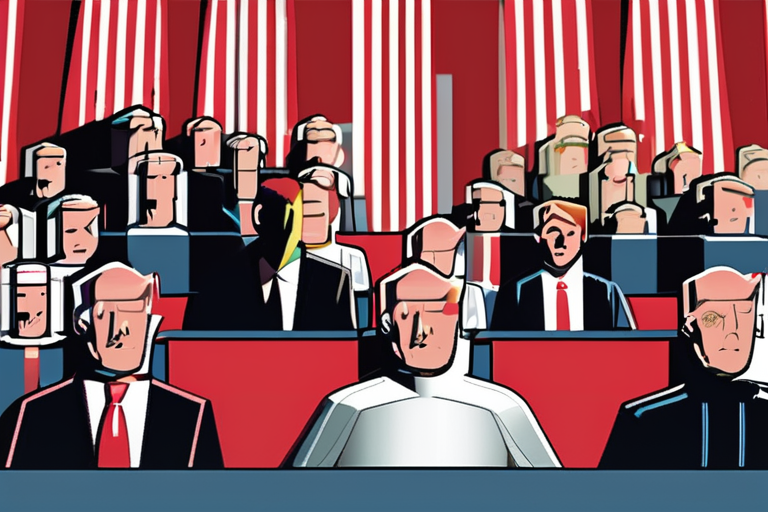
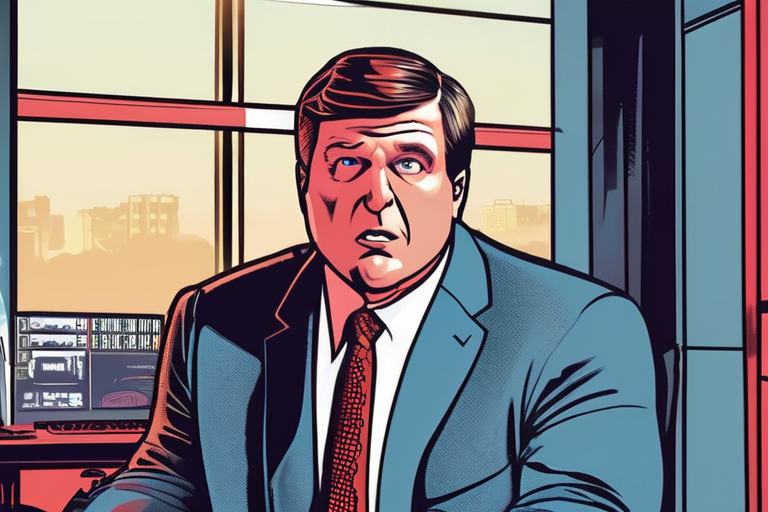
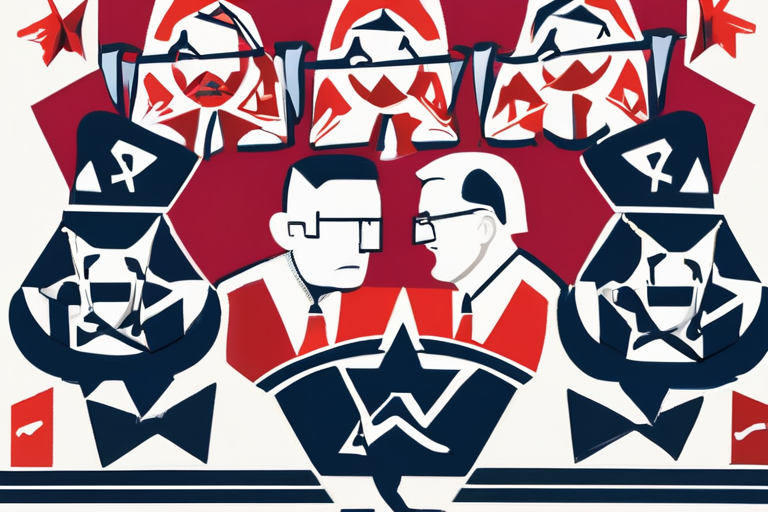
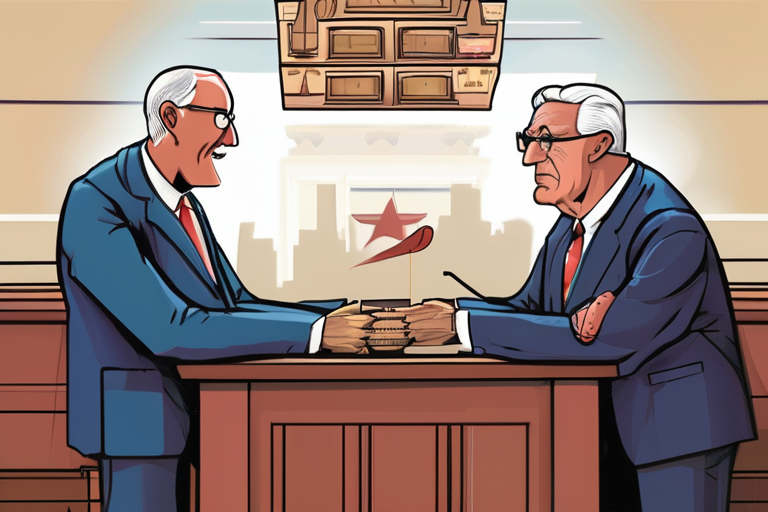
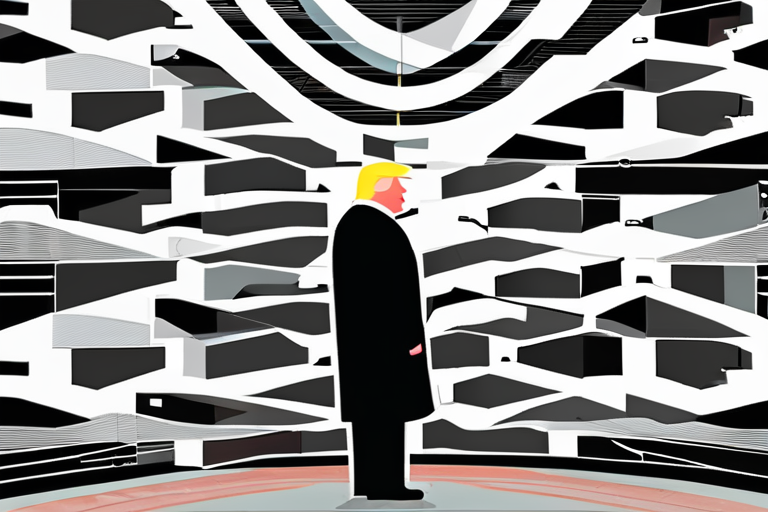
Share & Engage Share
Share this article